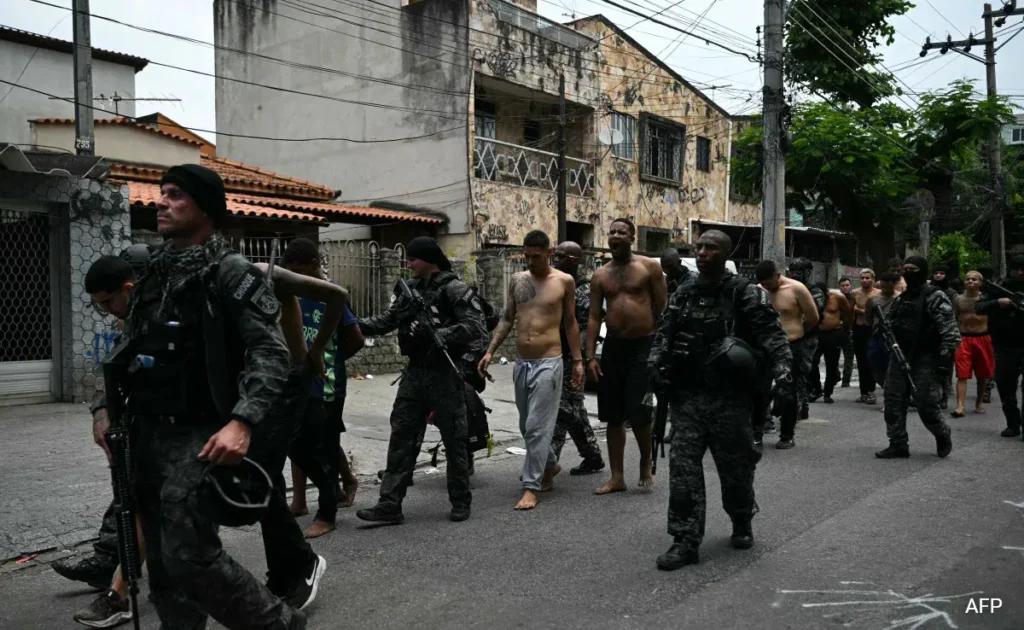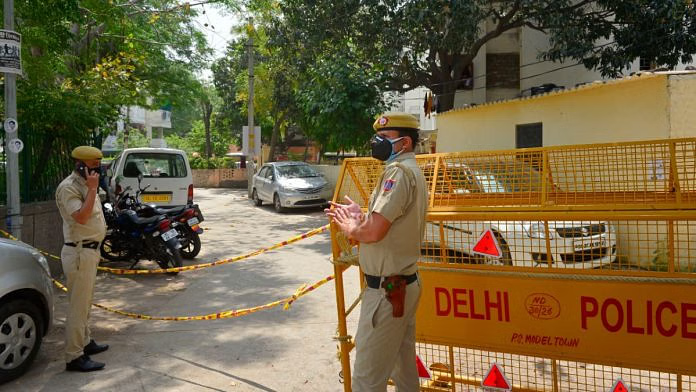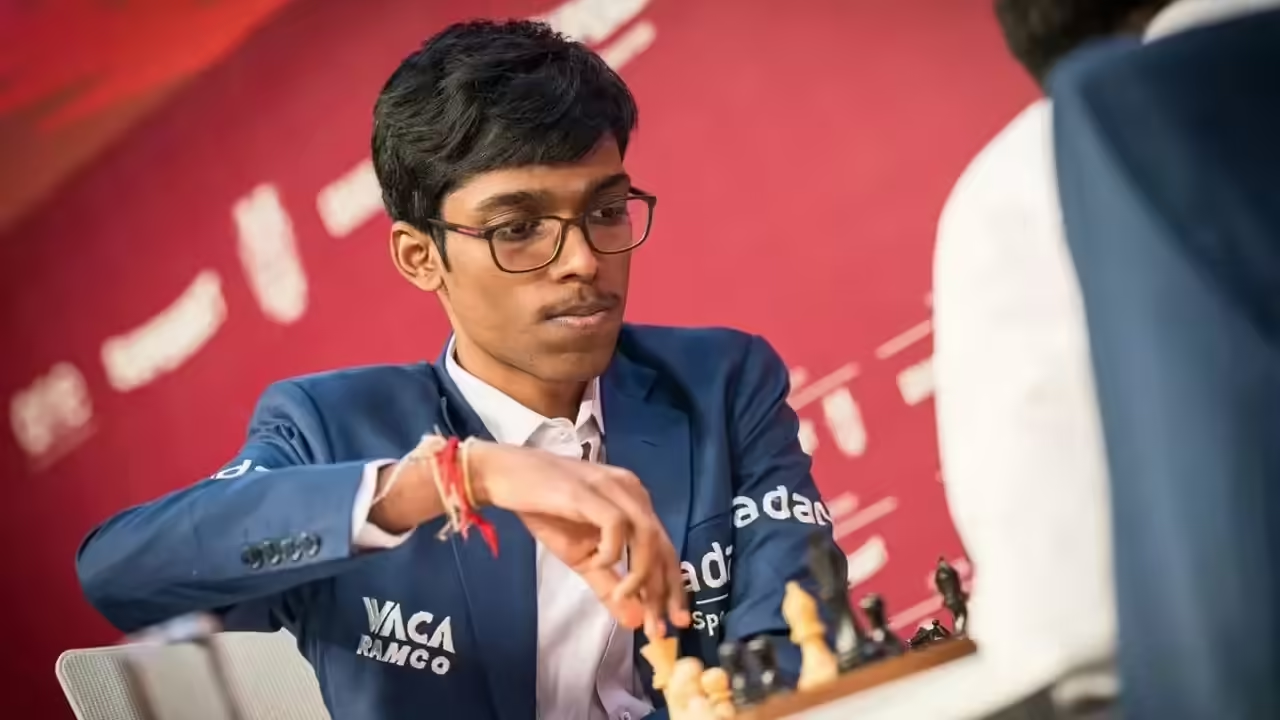Now Reading: Kolkata Kasba Encounter: Monojit Mondal Asked Aides to Track Police Station, Sought Backup Before Death
-
01
Kolkata Kasba Encounter: Monojit Mondal Asked Aides to Track Police Station, Sought Backup Before Death
Kolkata Kasba Encounter: Monojit Mondal Asked Aides to Track Police Station, Sought Backup Before Death

New details emerging from the Kasba police encounter in Kolkata reveal a well-thought-out plan by local gangster Monojit Mondal, who was shot dead during a police operation. Before the incident, Monojit had reportedly asked his associates to keep an eye on Kasba Police Station and made urgent calls seeking help, indicating that he was anticipating action from law enforcement.
Planned Surveillance on Police
Investigators have confirmed that Monojit instructed his close aides to monitor the movements of police officers at the Kasba Police Station. This move is being seen as a sign of calculated resistance, suggesting he was preparing for a possible confrontation or arrest. His use of lookout posts and phone communication points to an organised setup aimed at evading law enforcement.
Last-Minute Calls for Help
Just before the encounter, Monojit reportedly made several calls to trusted members of his group. These calls are believed to have been made in desperation, possibly asking for help in escaping the area or warning others about the police closing in. However, police reached the location before any assistance could arrive, leading to a brief exchange of fire.
The Encounter and Its Fallout
The police team approached Monojit’s hideout based on intelligence inputs. When challenged, he allegedly opened fire, forcing police to retaliate. He was injured in the shootout and later died during treatment. The encounter has since raised questions about rising crime networks in urban neighbourhoods of Tier 2 cities like Kolkata.
Gang Network Under Scrutiny
After Monojit’s death, authorities have intensified efforts to dismantle his gang. Several individuals linked to his operations have been identified and questioned. Officials are also investigating whether any insiders tipped him off about the police’s movements, allowing him to plan countermeasures in advance.
Fear in Local Community
The incident has left local residents shaken. While many feel relieved that a dangerous criminal has been neutralised, others fear retaliation from his remaining associates. Police presence in the area has been increased, and patrolling has been stepped up to maintain public confidence and prevent further unrest.
Growing Need for Targeted Policing
This case highlights the growing challenge of tackling organised crime in smaller urban centres. Criminals using mobile phones, lookouts, and local networks to track police activity is not new—but it’s becoming more common in cities like Kolkata, Ranchi, and Guwahati, where population growth often outpaces infrastructure and law enforcement capacity.
Conclusion
The Kasba encounter reveals the extent to which local crime syndicates are willing to go to avoid arrest. Monojit’s instructions to his aides and his last-minute attempts to get help underline a larger issue—crime is becoming more organised, even in Tier 2 cities. As investigations continue, stronger intelligence systems and tighter community-police cooperation will be key to preventing such threats in the future.

























